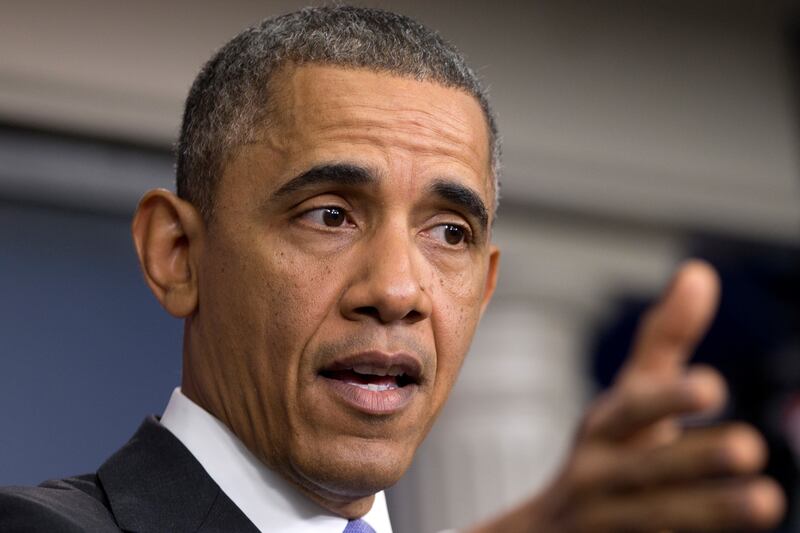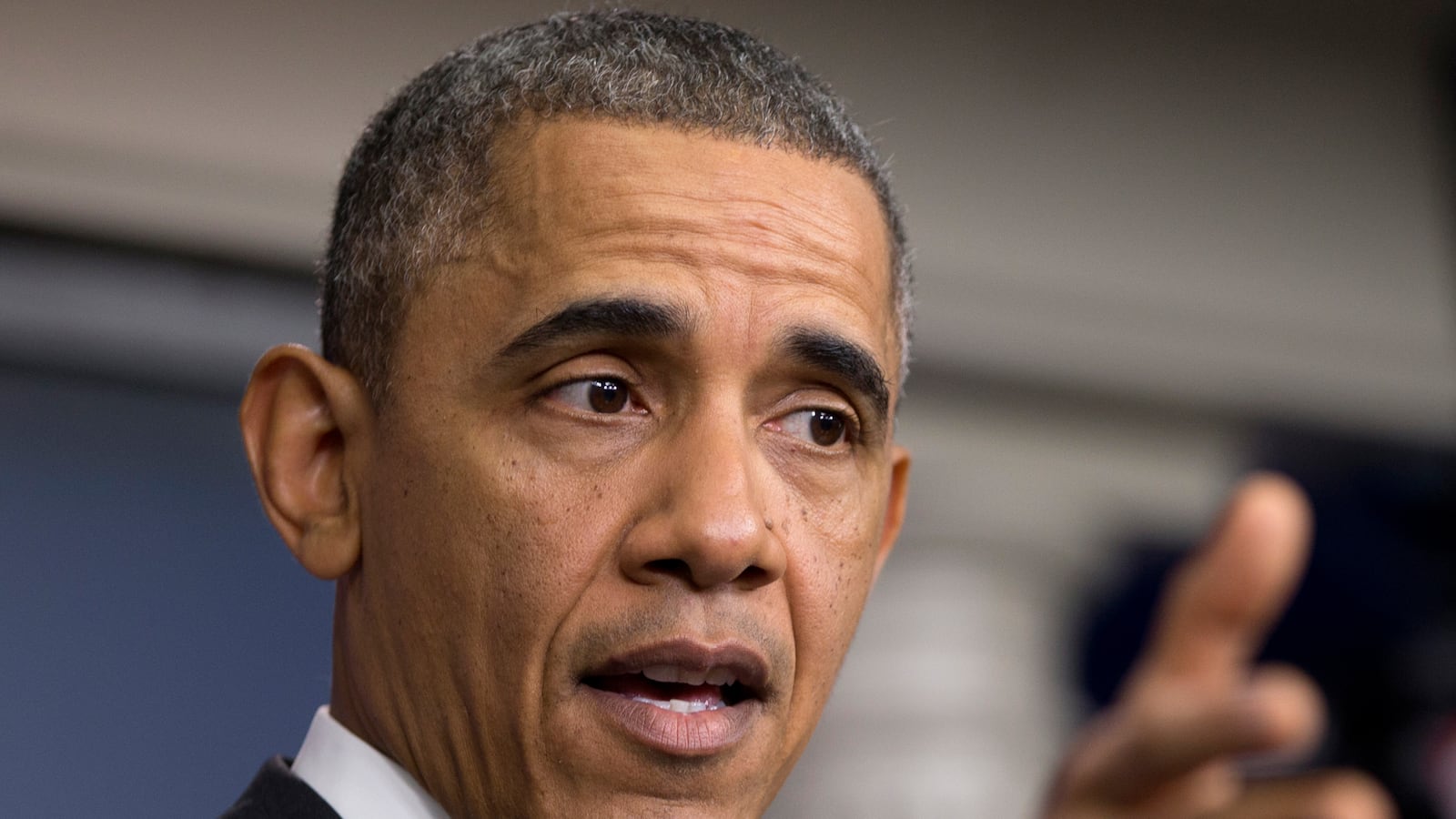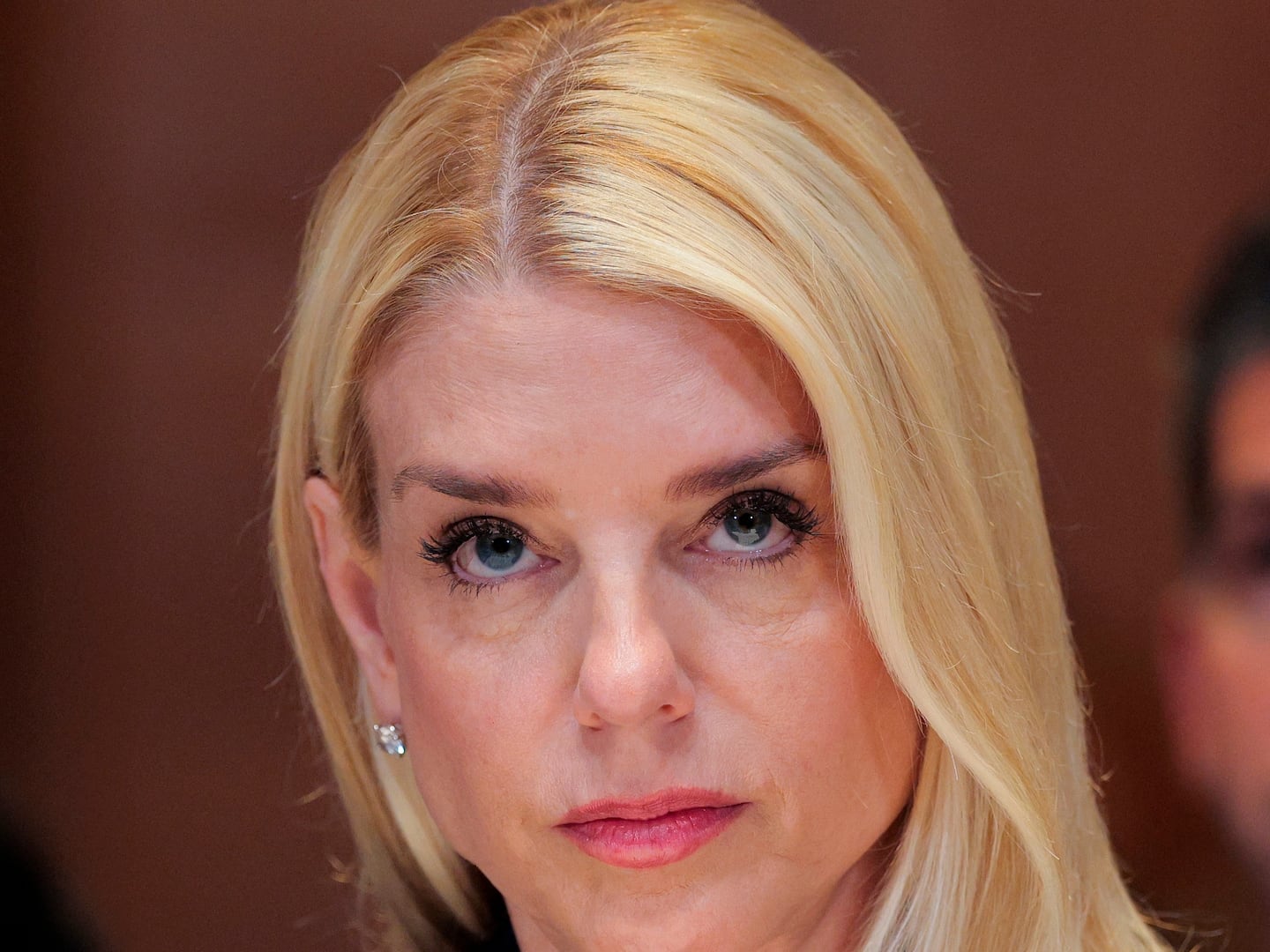If your job doesn’t involve covering politics, then you didn’t have to sit through President Obama’s long and painful press conference on the problems facing the health-care exchanges and the Affordable Care Act writ large.

Throughout, Obama apologized for the poor performance of Healthcare.gov and his promise—made throughout the last three years—that if you had an insurance plan in the old individual market, you could keep it in the new one. “I completely get how upsetting this can be for a lot of Americans,” said the president in reference to the cancellation letters issued by insurers, “particularly after assurances they heard from me that if they had a plan that they liked they could keep it.” Later, in the question and answer session with reporters, he elaborated on the failures of the federal exchanges. “We fumbled the rollout on this health-care law,” said Obama, eating more than his fair share of crow.
As he explained, the administration didn’t expect this wave of cancellations. The Affordable Care Act contains a “grandfather clause” for current plans—if your insurer offered a package in 2012, and you purchased it, you could continue it through 2013. But because of changes caused by the law, insurers opted to drop these plans, pushing a whole host of unwilling customers onto the federal exchanges.
It’s fair to say that if Obama had made his promise a little less resolute—“Most people will be able to keep their plans”—he wouldn’t be in such hot water. As he noted in the press conference, just five percent of Americans purchase their insurance on the individual market: “[W]hen I said you can keep your health care, you know, I’m looking at folks who’ve got employer-based health care. I’m looking at folks who’ve got Medicare and Medicaid. And that accounts for the vast majority of Americans.”
Even still, to make up for the shock of cancelled plans and other disturbances, Obama announced a fix for those Americans who want to keep their health insurance plan, and to—in the process—alleviate public discontent and provide some political cover for panicked Democrats in Congress. In short, the administrative fix will allow insurers to offer 2013 individual health-care plans through 2014 without meeting the minimum standards of the Affordable Care Act. In addition, insurers will be required to tell consumers what those plans omit and inform them of the more comprehensive plans that exist on the insurance marketplaces.
If there’s a policy problem here, it’s that this could result in fewer healthier people—the folks who benefited most under the status quo ante—utilizing the exchanges, driving up premiums and worsening the health-care marketplaces. Indeed, while Democrats are terrified of the political consequences of the current ACA dysfunction, a broken health-care law—the likely result of hasty, ad hoc “fixes”—would tank the party in next year’s midterm elections. For all the heat Democrats are getting from their constituents and the other side, patience is still the best approach—the political storm will subside as the exchanges begin to work as advertised.
Indeed, one reason not to jump on the GOP train of “solutions” to Obamacare’s current woes—besides the fact that, as Boehner said today, they’re designed to undermine the law—is that the cancellation letters aren’t a problem. As Matthew Yglesias noted in a column for Slate, “it never made financial sense for the insurer to actually pay up in the case of major illness.” Most of the “plans” cancelled by insurers were junk—plans that gave peace of mind to consumers, but wouldn’t help them in the case of an emergency. They shouldn’t have been sold in the first place. And indeed, as Obama noted, part of the reason for health-care reform was that insurers were refusing to cover care for the millions of Americans who purchased these plans. Under the Affordable Care Act, this can no longer happen.
Five million Americans received cancellation notices. They account for a third of the roughly 15 million people in the individual insurance market, or just 1.6 percent of all Americans. And while some of them had perfectly adequate coverage, many were riding along with policies that would fail them if they got sick, ruining their financial security.
Yes, there’s no fun in receiving a cancellation notice, and yes, folks will have to pay more for coverage in the exchanges (though, it’s important to note that many are eligible for subsidies, and it’s always possible to expand subsidies for those who aren’t). But the truth is that these cancellations are a small price to pay for an insurance system that actually provides for people who are sick or injured, and doesn’t saddle them with tens of thousands of dollars in debt.
No, President Obama shouldn’t dismiss the anger of this small minority, but we also shouldn’t pretend that the current situation is worst than the past. It isn’t.






